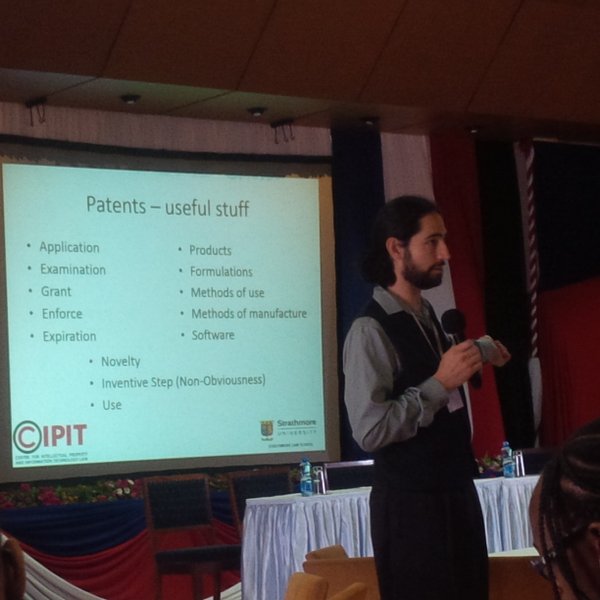By Isaac Rutenberg**

Last year’s Global Entrepreneurship Summit in Nairobi saw hundreds listen to US President Barack Obama outline his vision of Africa as a global hub for entrepreneurship and new business ideas.
More tellingly, very few people stayed for the next session on the importance of intellectual property for entrepreneurship.
Without understanding how intellectual property (IP) works, local businesses can find it difficult to grow. Their industrial inventions, music, film or brands can be unfairly copied and their entrepreneurship choked.
Kenya is host to many large, knowledge-intensive multinational businesses who use the country as a base to reach the entire East African market.
This knowledge-rich business community includes software giants, agricultural chemicals, technology developers and biopharmaceutical companies.
Companies like these bring huge opportunities for local entrepreneurs. Multinational companies often struggle to enter markets and address local problems because of lack of agility and local knowledge.
Collaboration with local businesses can be the key to success. However local businesses must confidently speak the language of IP — particularly if they wish to sell their own ideas to be commercialised and scaled by large multinational companies.
Bigger company
Patents, trademarks, copyrights, trade secrets, know how, websites, social media identities and other forms of IP are the instruments by which multinationals trade with local companies.
IP laws, international treaties, private company policies and technical safeguards govern these forms of intellectual property.
When a multinational wants to buy or licence ideas or technology from a local company, the conversation will often be held in these terms.
Technology transfer and licensing are the most efficient ways that a promising local company armed with a great idea for the region can follow the traditional Silicon Valley model — introduce an idea, grow the business, and then get brought by a far bigger company.
Kenya’s small businesses are sitting on a rich pipeline of technology, brands and other knowledge assets that could thrive internationally if they can exploit their intellectual property.
Take the mobile messaging application iCow, built by dairy farmer Su Kahumbu to help farmers manage their cows’ milking schedules, and to monitor the local dairy market.
The app’s code is protected by copyright, and local and international trademarks can protect the brand. These assets can be franchised to others, spreading the technology across the continent.
Above all, east African entrepreneurs need to care about their intellectual property. It is the rocket fuel for business growth, overseas expansion and significant value creation.
**Dr Rutenberg is the director of CIPIT at Strathmore University Law School. This article was first published in the Business Daily here.